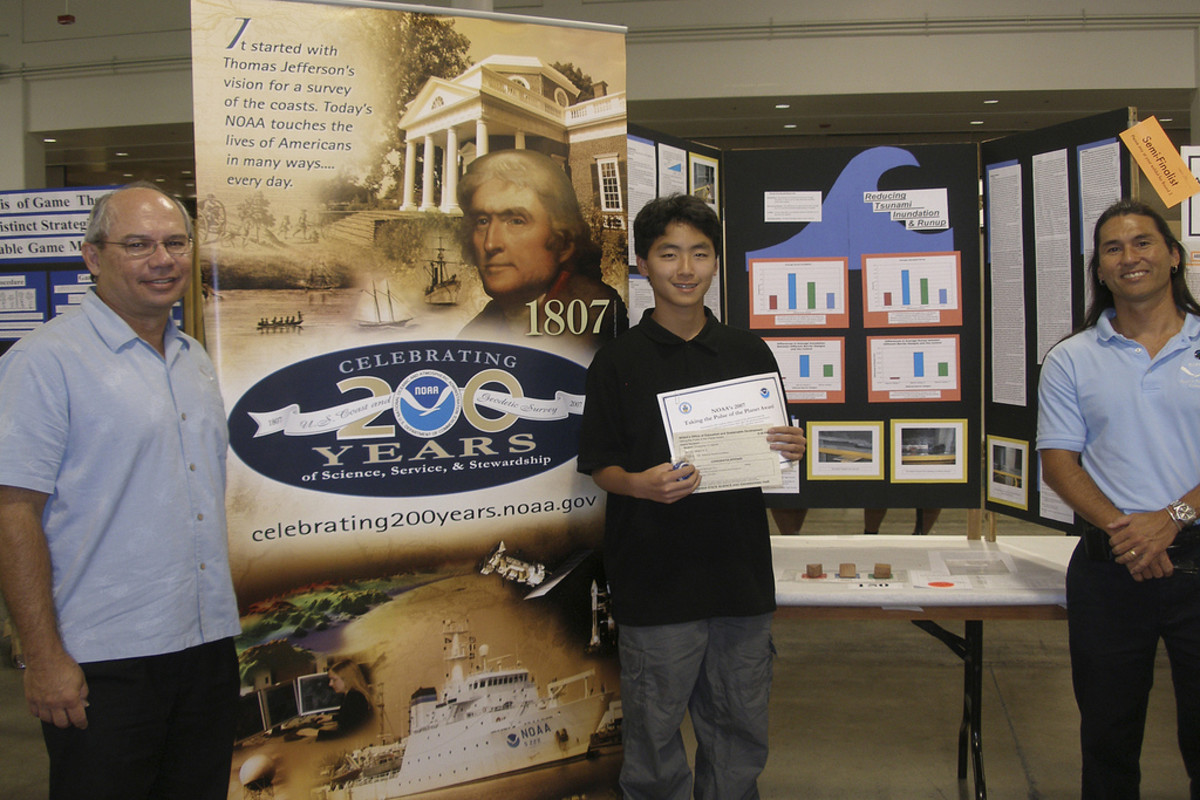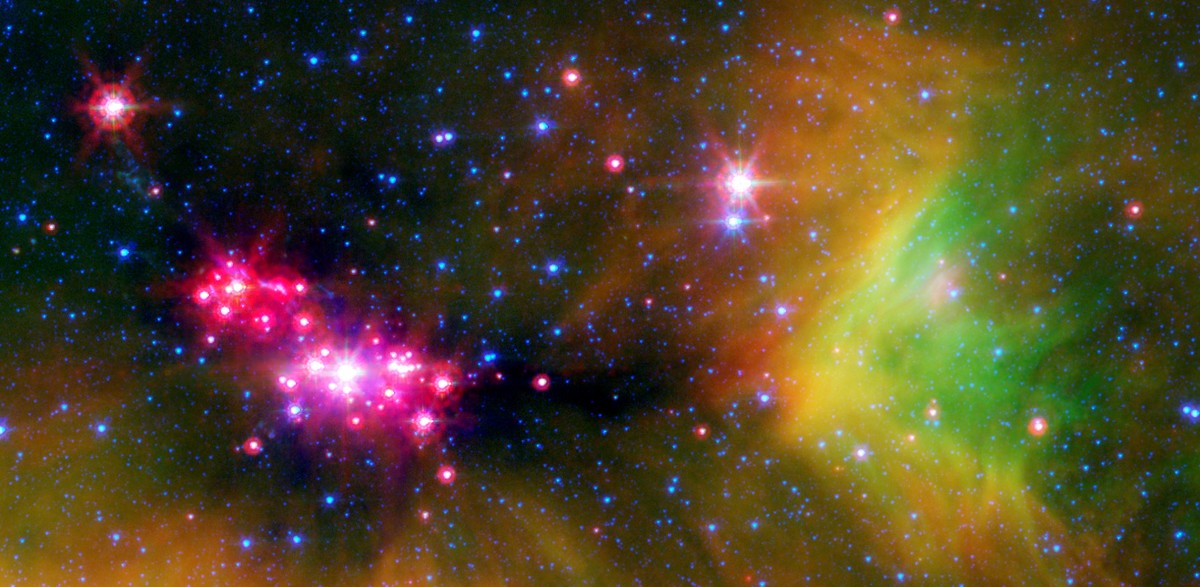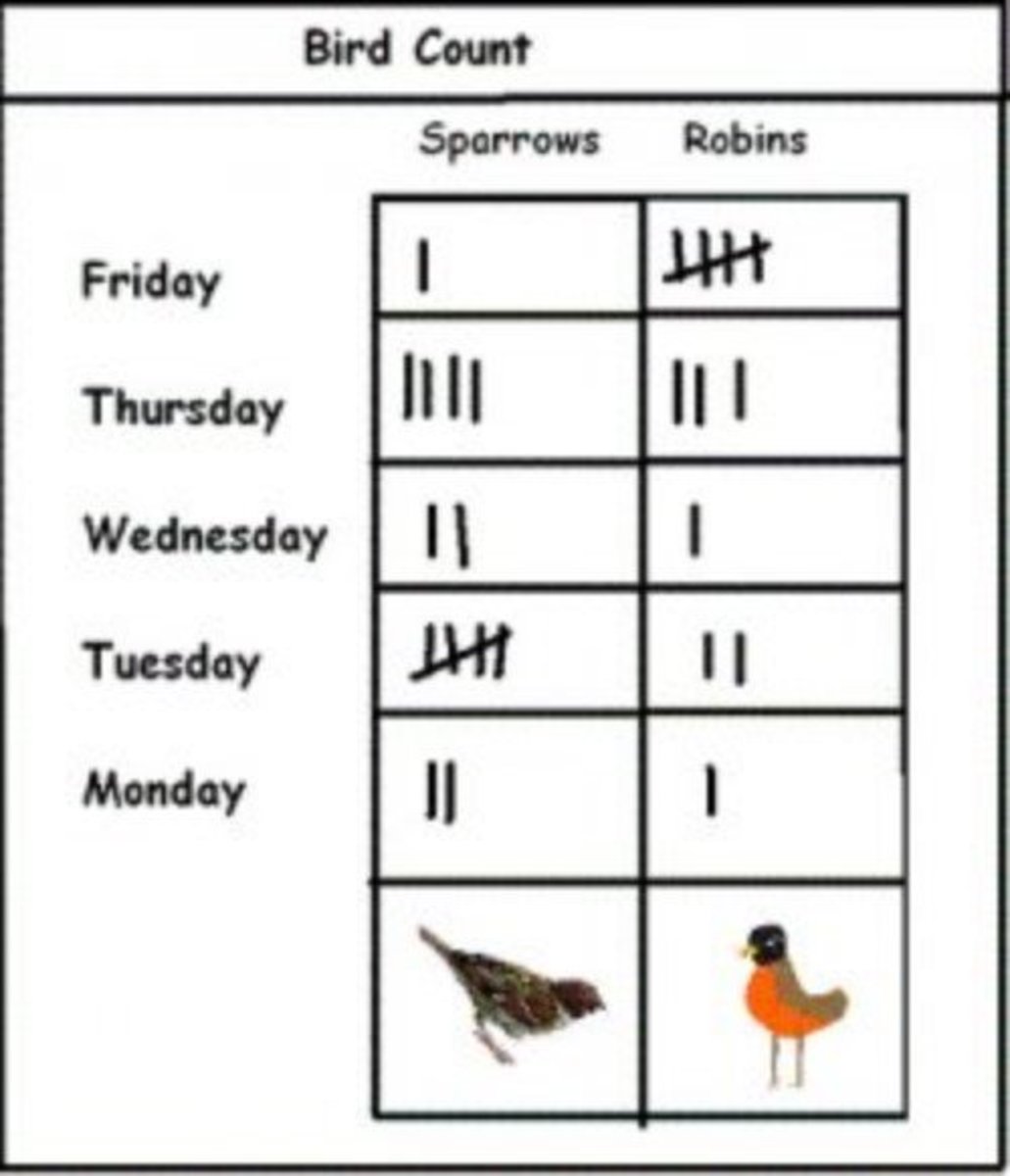Tips on Teaching Kids About Science
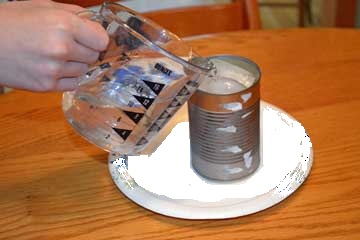
Many teachers and parents who home school their kids have developed tips on teaching kids about science. Educating kids in the subject of science has become a more difficult task recently for those teaching kids in 4th grade and younger. According to the Institute of Sciences, 2009 "Mathematics and Science Achievement of U.S. Fourth-Eighth-Grade Students in an International Context" report science scores for United States students dropped between 1995 and 2007. Whether it is more competition for kids' time or a more diverse curriculum, knowledge of science is on the decline in the United States.
Science Experiments
Encourage kids to do science experiments. Help them find some safe science experiments that you can help them set up. Science experiments for kids are meant to be fun. They help kids see in action a difficult science concept that they may not understand unless they witness the results. Many science museums have live demonstrations where they perform cool science experiments, but there are also many science experiments that can be performed at school or home using very simple items. There are many science experiment books, but here are some websites that show you how to do science experiments at home for free (you only need the experiment supplies).
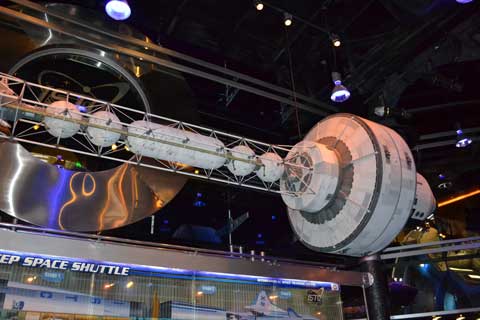
Science Museums and Science Places
Take kids to a place to demonstrate something about science. Local science museums are usually best suited for this purpose because they cater to teaching kids about science in a fun way. Also consider other places that involve different areas of science like zoos, aquariums, children’s museums, nature preserves, factory tours, and natural history museums. Places that offer hands-on activities for kids are the best. When you go, place an emphasis on learning about science. Typically there are informational signs posted around which describe the important scientific concepts that the displays are trying to communicate. Stop and read the signs to the kids, or buy a guide book if it is offered and stop and read the descriptions as you go.
Science Toys and Entertainment
Consider buying kids a science toy instead of a video game. Science related toys make the subject of science more fun and less like work. There are some very good scientific sets available that are designed for different ages of kids. For example, Stomp Rocket and Stomp Rocket Jr. offer a very fun air-powered rocket toy that is not only fun for all ages, but also educational. Choose science toys that are appropriate for the age of the child that you are teaching science. Here is a resource for recommended science related toys listed by the child's age.
Provide kids with television entertainment that is science-related. They might be entertained by silly sponges that live under the sea, but there is some quality entertainment that will also teach them something at the same time. One of the best science-related group of videos is produced by Walt Disney’s Imagineers. In these videos, the Imagineers use their designs in the Disney theme parks to teach kids about specific scientific principles. Their videos cover many different topics such as Electricity, Energy, Magnetism, and more. Bill Nye who is also associated with Disney has a great line of kids science videos. Also try IMAX films and movies from the Discovery Channel.
Everyday Science
Point our something interesting about science at least once a day. Science is everywhere around daily life, from the products around us that are designed by people with a science-based background to everyday cooking. For example, the water used in your residence is probably either from a public water supply or a well. Explain the process of how the water gets to your home so your child understands how it works. Even show them the plumbing in the house so they can see how the water travels through the house. The water pressure that pushes the water up to the top of the shower is from the well pump or typically from water towers in a public water supply. Daily reminders of science and answering kids questions about how things work are a great way to help them understand a little more about science without taking a big trip to a regional science museum.


![The Science of Disney Imagineering: Gravity Classroom Edition [Interactive DVD]](https://m.media-amazon.com/images/I/51k6BR3NQTL._SL160_.jpg)

